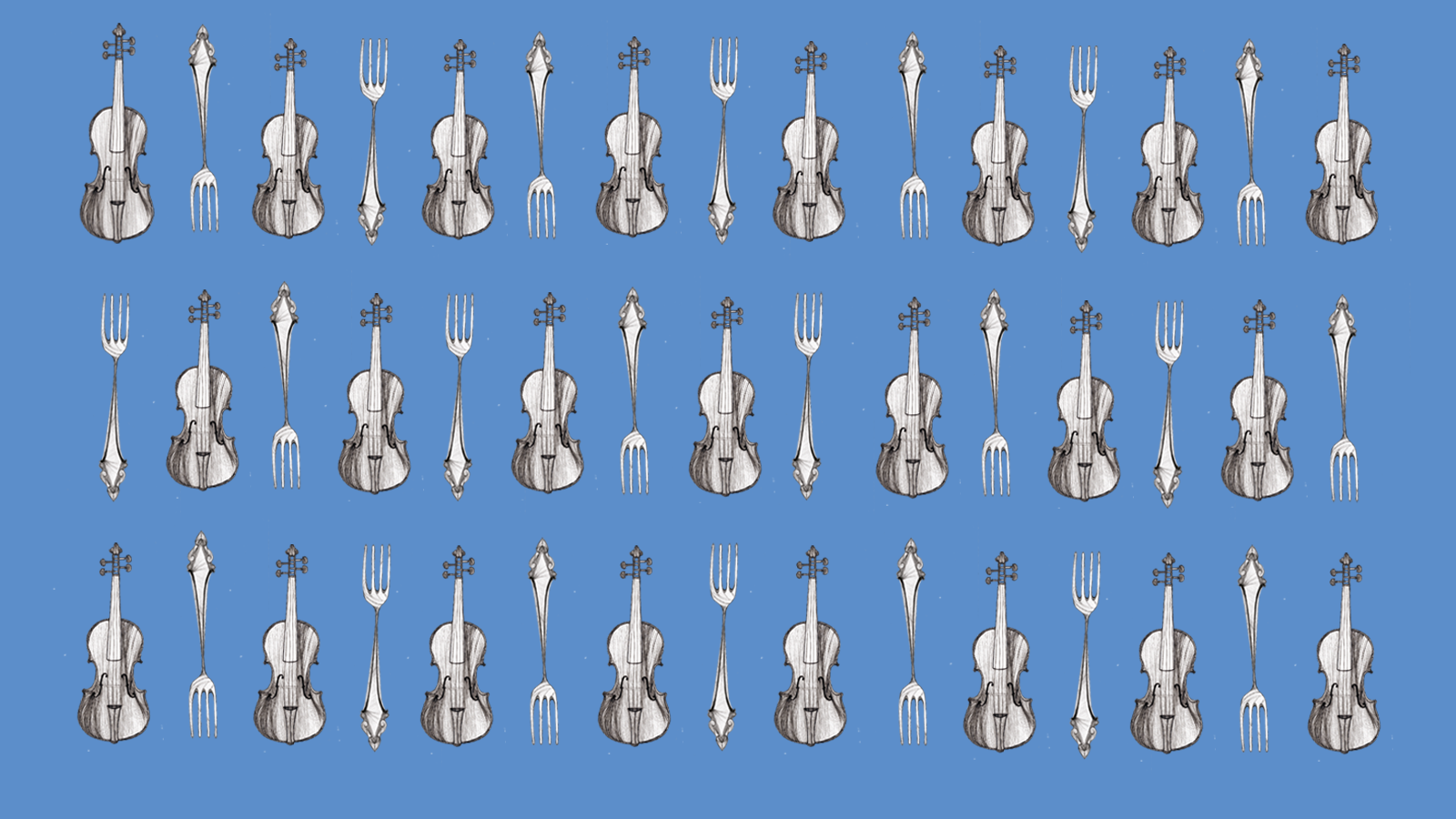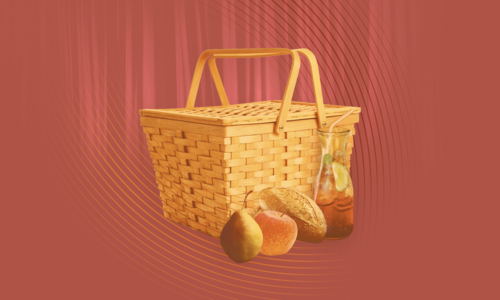19 June 2019

Even scratching gently at the surface of what both music and food mean to us as humans – and, particularly, as social creatures – reveals the curiously similar function they play in our lives.
Despite one being essential to life, and the other enhancing it (we’ll let you fill in which way round they are, depending on your artistic temperament…) the way we use each of these commodities, and the benefits they bring to us, is very similar.
When you think about it, this is perhaps not surprising given that both eating, and listening to or playing music, change the way we feel in similar ways. Both music and food nourish us, both body and soul – science has proven time and time again the impact of music on our physical and mental health. Emotionally, different moods can change our cravings and tastes for both, and conditions such as depression or anxiety drastically affect our appetites for them, whether it’s over-indulging or losing a love for them completely; (that litre tub of heartbreak- flavoured ice cream surely has no better accompaniment than the most wonderfully miserable song you know, on repeat?)
As Shakespeare, or his character the Duke of Orsino, famously pointed out in Twelfth Night: too much music is analogous to too much food. How many of us have listened to our favourite song so many times that we go to play it again, only to find the first bars now produce a sudden sickening effect similar to the groan we experience after eating the same food day after day before quite suddenly not being able to contemplate another mouthful of the stuff?
The fact that it’s not always about pleasure is interesting, too. We tend to think of music as something actively positive, but sound can sometimes be used to serve as functional a purpose as food does: that background music or ‘muzak’ on your way to the tenth floor has been, either consciously or subconsciously, chosen to create a functional, bland wash of ‘not silence’.
What’s more, when we don’t like a song, or a type of food, other people’s choices can feel very difficult to stomach, whether it’s the sound of their terrible music or the smell of their disgusting food (cast your mind back to the last time you sat on a train suffering the multi-sensory attack of music- leaking-through-headphones and the sulphuric tang of someone’s misjudged egg sandwich floating towards you from Coach B).
The type of experiencing is the same: instinctive, visceral, hard to describe.
What links all of these effects and reactions is that they are all sensual, on some level subconscious, the happy result of something that feels instinctive and primal.
Compare the feeling of craving to listen to the opening notes of your favourite song to the anticipation of that first bite of a meal you’ve been looking forward to; the feeling of humming away to the radio whilst cooking, to that feeling of assembling the food itself. The type of experiencing is the same: instinctive, visceral, hard to describe. So it is with the incredible effect that listening to music together, playing music together, cooking together and eating together has on us as social beings. As it turns out, the sharing of both music and food is one of the strongest social bonding exercises imaginable.
The idea to combine music and food is of course not a new one; they’ve been natural partners for as long as we’ve known. Music from the medieval, Early and Renaissance periods is particularly rife with music written to accompany a feasting event, or joyfully referencing eating and drinking.
But it’s interesting to think about why. In the same way that knowing another person either loves or hates the same song as you, what we consume whilst we are sitting together also bonds us in a deep way. There, again, is a sense of shared identity, reminding us – albeit subconsciously – of our shared identity as human beings and the similarities of our needs. There is something reassuring, something grounding, about sharing a process or set of experiences that we all gain pleasure from. Further, the way we eat, and the way we come together to enjoy music, is highly culture- specific. Both acts are heavy with cultural values, intrinsic identities and unspoken rules built over time – and with both eating and enjoying music, there is pleasure to be found in discovering the cultures of other people. Just as globalisation has dragged the lamb vindaloo into the British week-night roster, music from other countries and cultures is more immediately available, and beginning to sound more familiar as influences are picked up and played with.
As it turns out, the sharing of both music and food is one of the strongest social bonding exercises imaginable.
Finally, the idea of ‘breaking bread’ together is still steeped in the communion-like connotations of the original phrase, but there’s significance in this. Both a meal and a concert are a ritual, an event, something to stop and be thankful for. It’s about sharing, togetherness, a joint experience that brings us together. When we get round a table to eat dinner, or whether we’re sitting in silence, surrounded by bodies and notes: is it not the act of coming together that really completes and secures the ritual?
